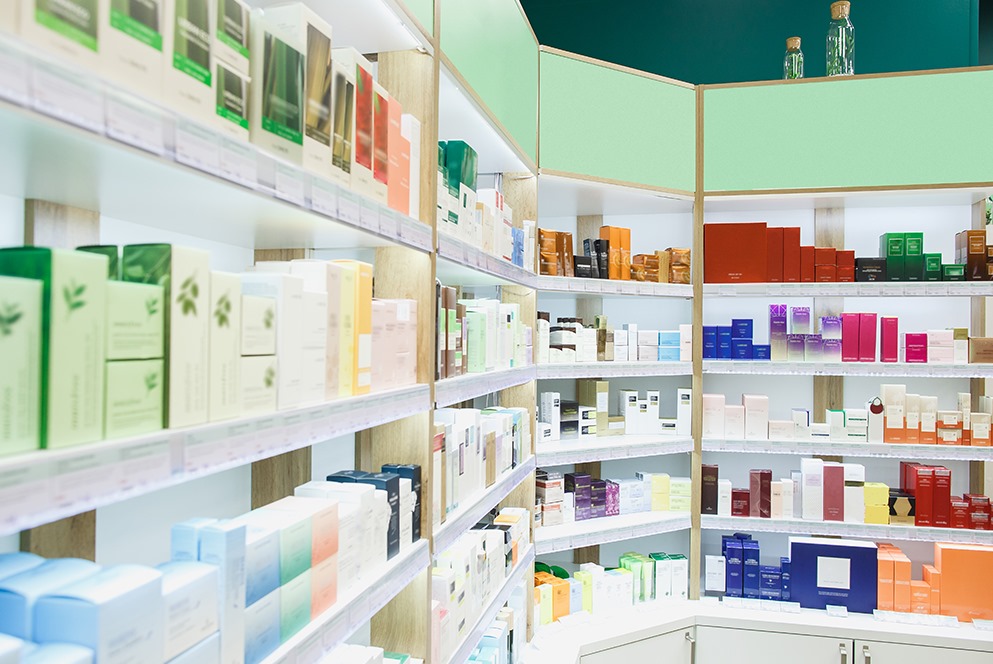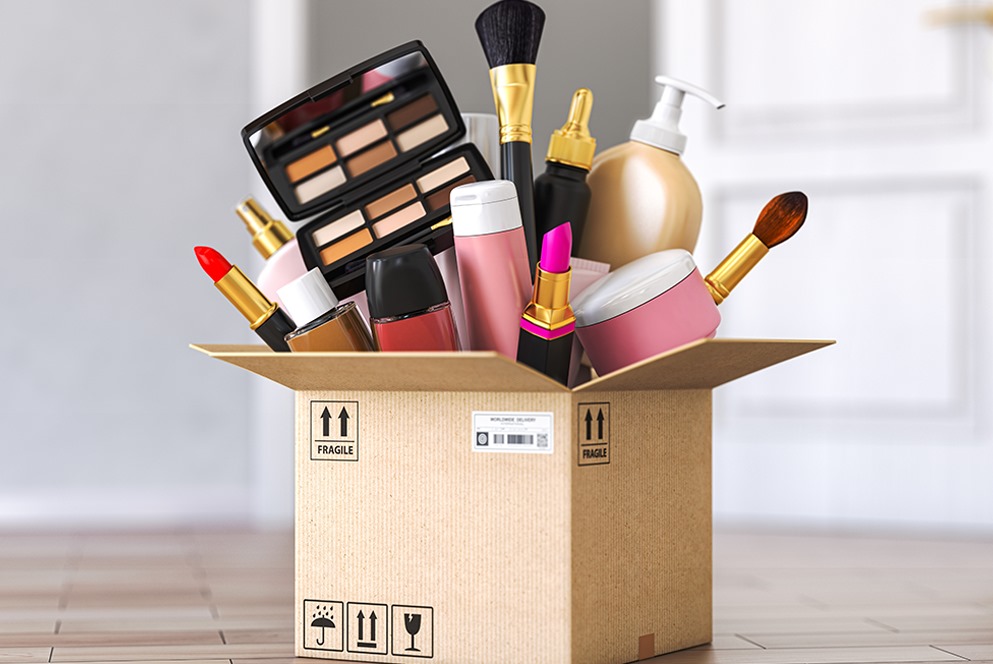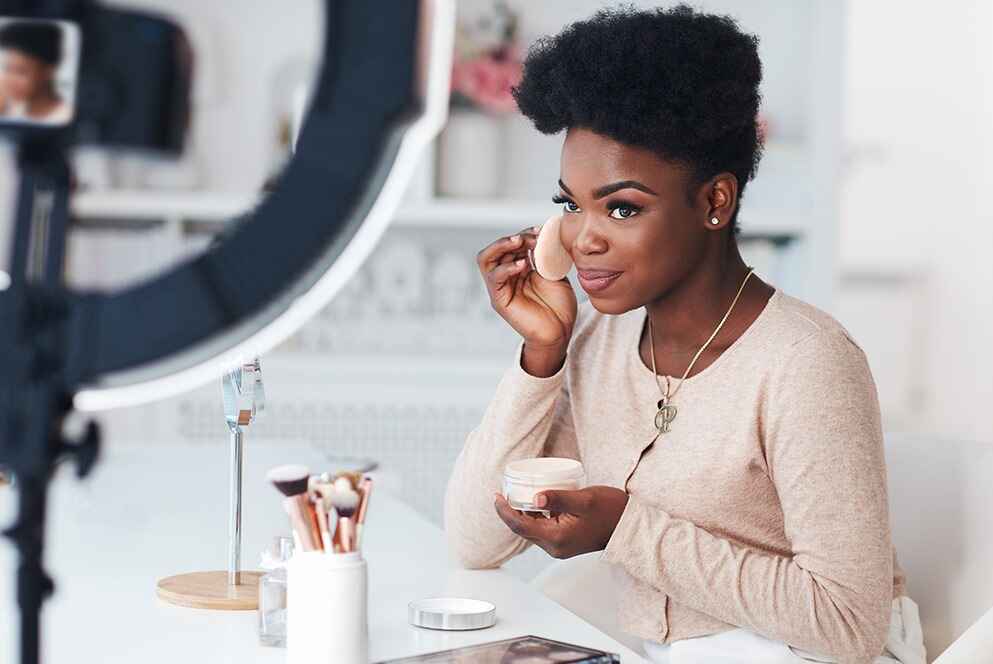Nigeria's beauty industry is booming! In 2023, it generated $7.8 billion out of Africa’s total $57.12 billion, making Nigerians the continent’s top spenders on beauty products.
There’s no doubt that Nigerians prioritize their beauty and skincare. If you’ve been contemplating whether the skincare and beauty market is profitable in Nigeria, the answer is a resounding yes.
What Makes Skincare and Beauty Lucrative?
Several key factors are driving the growth of this industry, demonstrating its staying power.
Social Media Influence: Platforms like Instagram, TikTok, and YouTube have heightened interest in skincare. Influencers and celebrities frequently share their beauty routines, making skincare a widespread trend.
Large Customer Base: Nigeria offers a diverse market with various skin tones and types, catering to multiple niches.
High-Profit Margins: Skincare products, especially premium ones, can yield significant profits, making them a lucrative business venture.
Recurring Sales: Skincare products are consumable and require regular repurchasing, ensuring continuous revenue streams.
Access to Natural Ingredients: Nigeria’s local access to natural ingredients like shea butter, coconut oil, and cocoa butter reduces production costs and enhances product authenticity.
Global Market Reach: Nigerian-made skincare products are in demand worldwide, expanding your market beyond local borders.

Building a Strong Brand Identity
Establishing a unique brand identity and understanding your target market are fundamental steps in marketing your brand. Each skincare brand is unique in its customer approach, visual aesthetics, and product offerings.
The beauty market favors brands with appealing visuals and compelling narratives. Define your brand’s purpose, understand your target audience, and communicate your mission authentically.
Five Effective Strategies for Selling Beauty Products in Nigeria
Selling beauty products online in Nigeria can be challenging, but with the right strategies, you can navigate the industry successfully.
1. Understand Your Market
Identify what you’re selling and who your target audience is. Your value proposition should be clear, distinct from competitors, and address the specific problem or “pain point” your product solves.
2. Write Compelling Product Descriptions
Address potential customers' concerns and objections in your product descriptions. They want to know, “Will it work?” Your descriptions should alleviate these doubts and persuade them to purchase.
3. Leverage Social Media
Social media marketing is an excellent way to generate sales, build brand awareness, collaborate with influencers, and create a loyal customer base. Whether through tutorials, user-generated content, or engaging posts, social media offers a cost-effective marketing channel.
4. Prioritize Content Marketing
Share your knowledge through blogs, graphics, or videos to build trust and establish authority in the skincare industry. Providing valuable content can attract and retain customers.
5. Focus on Search Engine Optimization (SEO)
Ensure potential customers can find your website, blog posts, or videos when searching for skincare products or information. Effective SEO practices can increase your online visibility and drive traffic to your site.

Stand Out with Top-Notch Logistics
Efficient logistics are crucial for building a strong brand. They enable you to reach new customers locally and globally. Fast and reliable deliveries enhance customer satisfaction and loyalty.
Opening a business account with DHL can streamline this process. With flexible delivery options tailored to your customers’ needs, you can create a seamless shipping experience that keeps them coming back for more.
By implementing these strategies, you can successfully sell skincare and beauty products online in Nigeria, tapping into a lucrative and growing market.












































